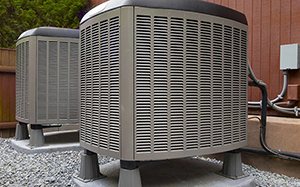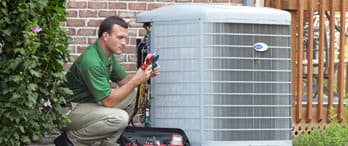Flowers and trees blooming; lush, green grass; warm temperatures… Spring is finally here! Most people love this season, unfortunately, those with allergies dread this time of year with all that pollen flying around in the air. What some may not know: pollen is not the only culprit! The higher the summer heat and humidity go, gives the perfect combination for mold and mildew to grow. These and other allergens cause various symptoms that are more than annoying, they can be down-right miserable. With proper HVAC maintenance and correct filter/s, your air conditioner will improve air quality and help alleviate allergy symptoms.
HVAC systems use filters that protect the equipment from dust that can damage components and controls and keeps it operating efficiently. A common mistake is believing basic air filters keep dust and allergens from entering the air in your home. While basic filters do remove some dust from the air when changed regularly, they do not catch those microscopic particles that cause all the misery during allergy season. There are special air filters designed to stop those tiny, pesty particles like mold, bacteria, and certain types of pollen. With multiple filters to choose from, it’s critical to use the correct filter for your system because… All Filters Are Not Equal.
Basic or ordinarily filters are designed to capture larger particles but allows those smaller particles to pass through into the duct work and out into the home. Filters for allergens are designed to block the smaller particles providing cleaner air. These filters are called High Energy Particulate Air Filters or HEPA filters. They have dense layers that can stop 99 percent of unwanted particles like smoke, pollens, mold, etc…
Filters also have “ratings” called the Minimum Efficiency Reporting Value, or MERV. HEPA air filters for allergies are rated on how well they block particles of different sizes. Ratings range from MERV 1 – 12. The higher number indicates its capability of removing the smallest particles. These “special” filters generally need to be replaced more frequently than ordinarily filters.
CAUTION: Using the wrong filter can create various issues with your system and can cause components and controls to fail. A professional HVAC contractor can select and install the best MERV-rated filter for your particular system and show you how to check and change them yourself since these type of filters generally need to be changed more frequently.
Another thing to consider in reducing allergens in the air is checking and cleaning the rest of the system. If it’s been more than a year since the air conditioning or heating system has been serviced and maintained, most likely there is a buildup of dust, pollen, and possibly mold spores on the blower motors/fans, in the duct work, and possibly in the coils. Proactive HVAC maintenance keeps your heating and cooling equipment clean! You experience cleaner air, better performance, higher efficiency, fewer breakdowns, and increases the life of the equipment.
Last, but not least is the duct work. If someone in your home has allergies and your duct work has not been checked for a few years, it may be worthwhile investing in an inspection. The inspection will determine exactly how much dust, microscopic particles, mold or mildew have accumulated that can be making your symptoms worse and may require a professional cleaning to improve overall air quality.
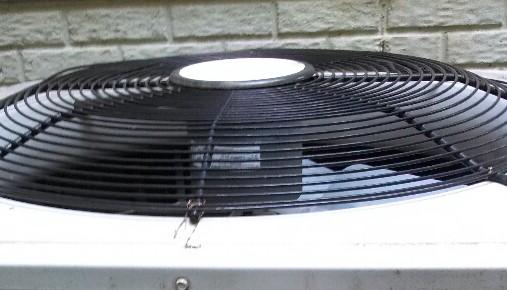


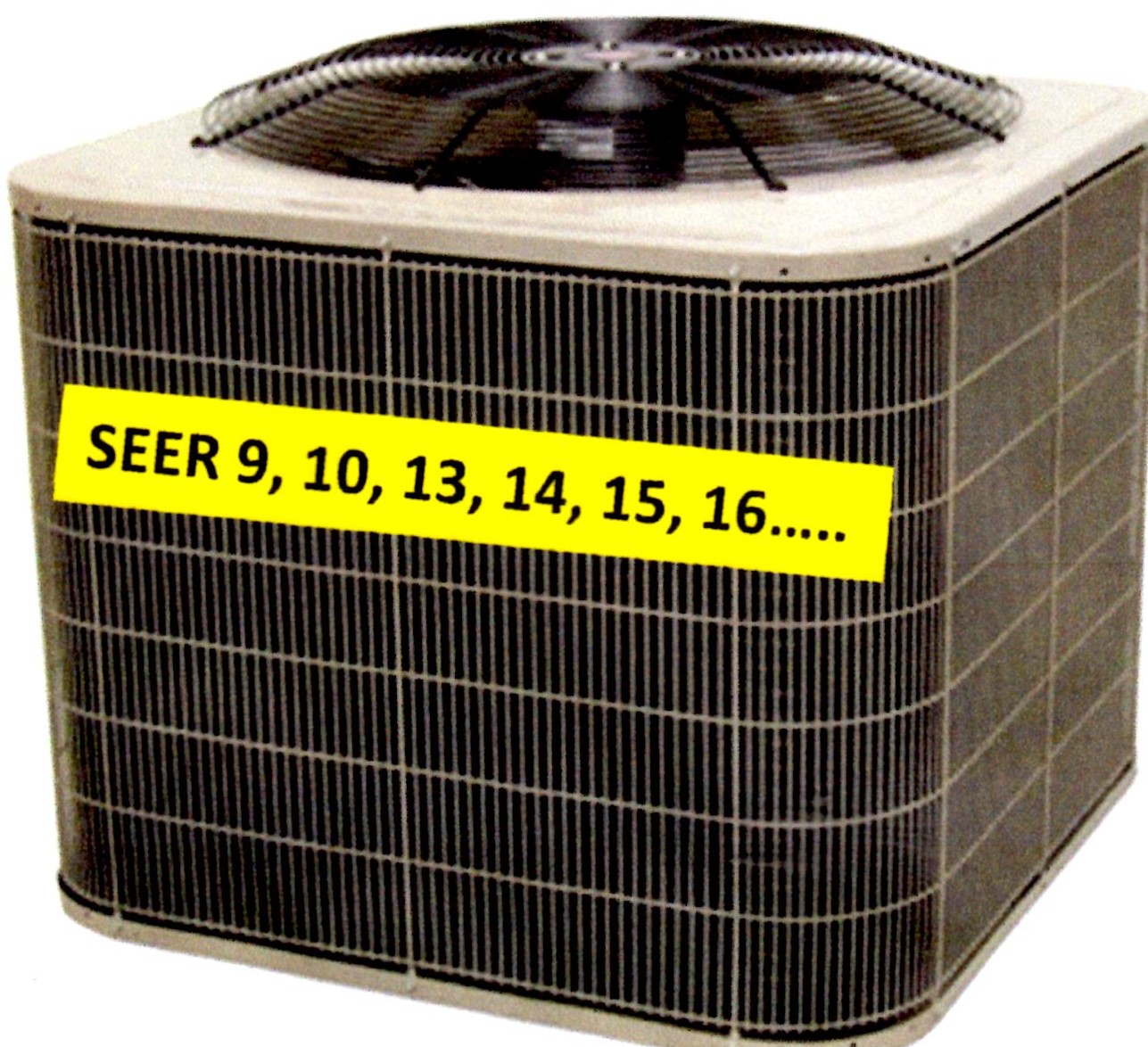

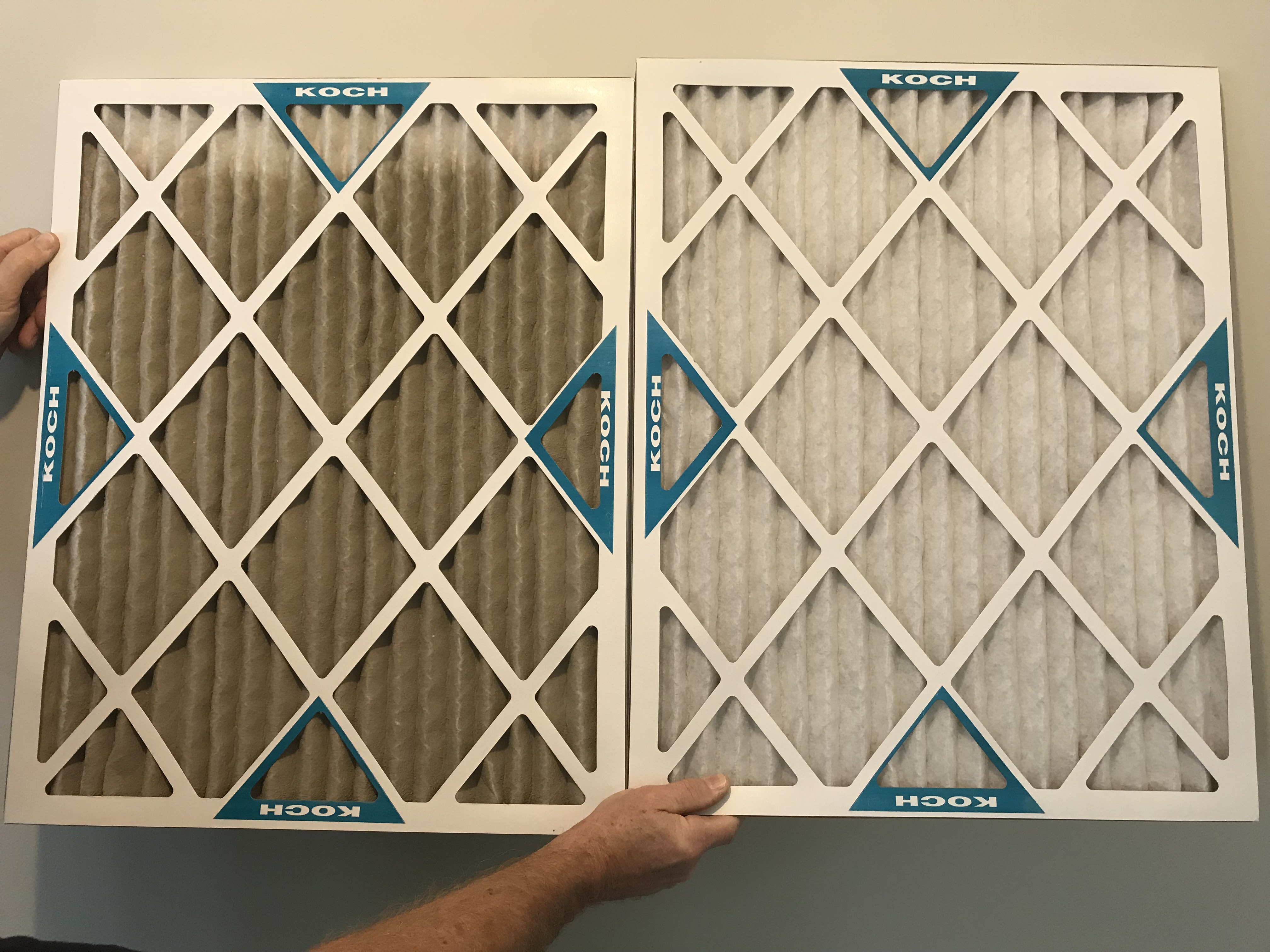
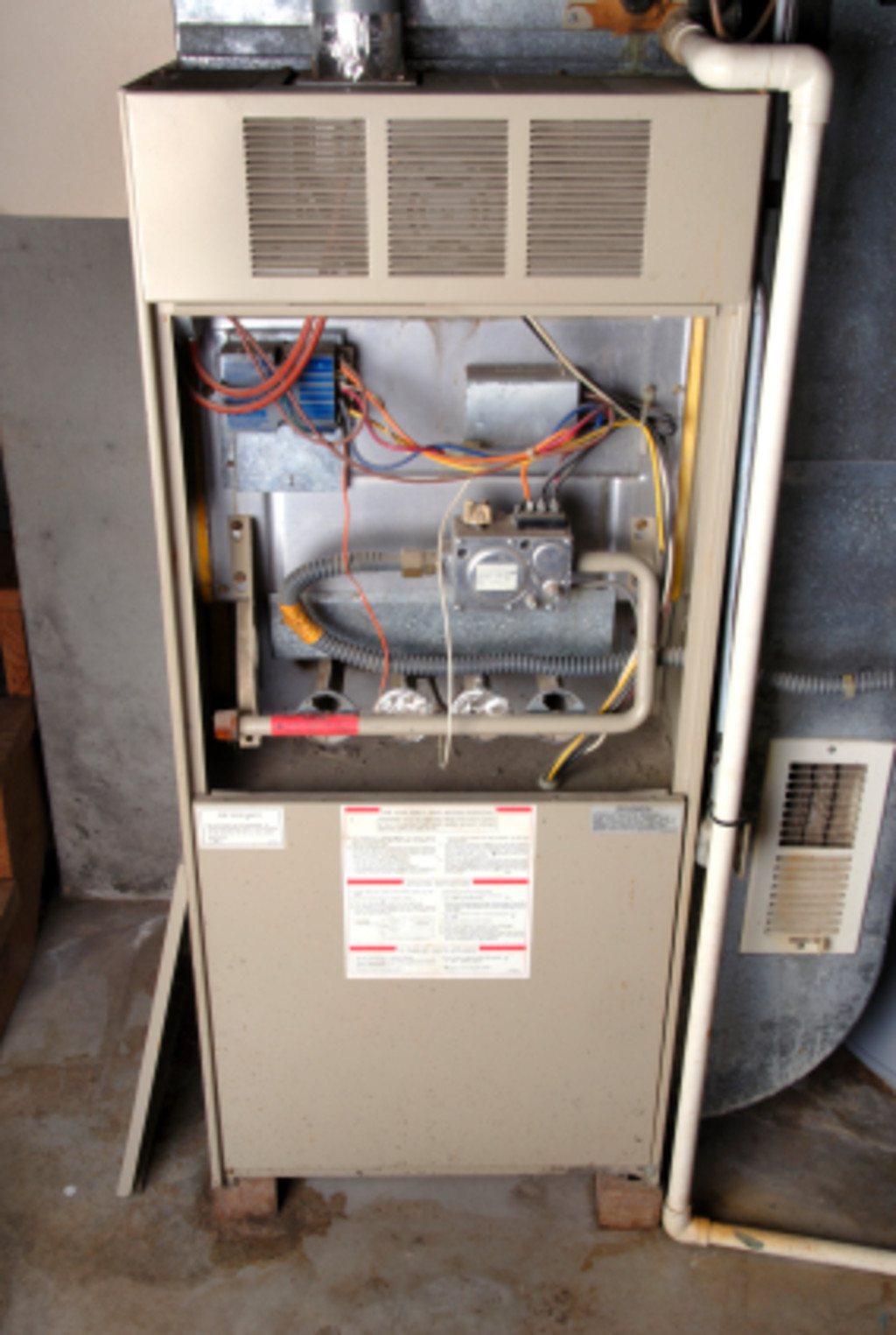 Here are some
Here are some 
